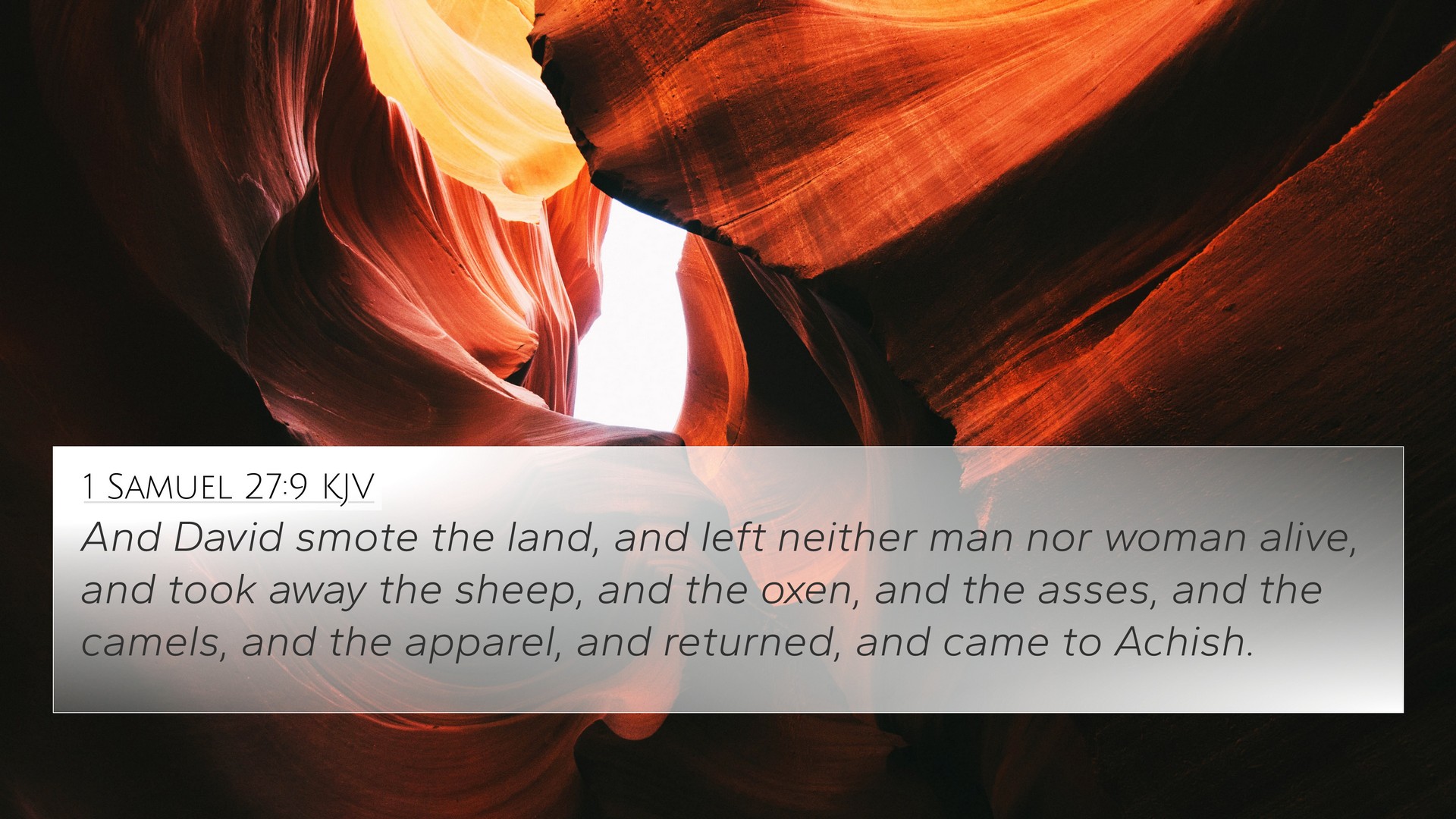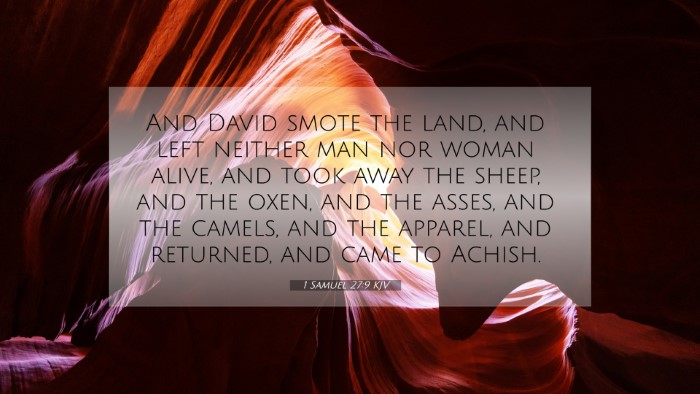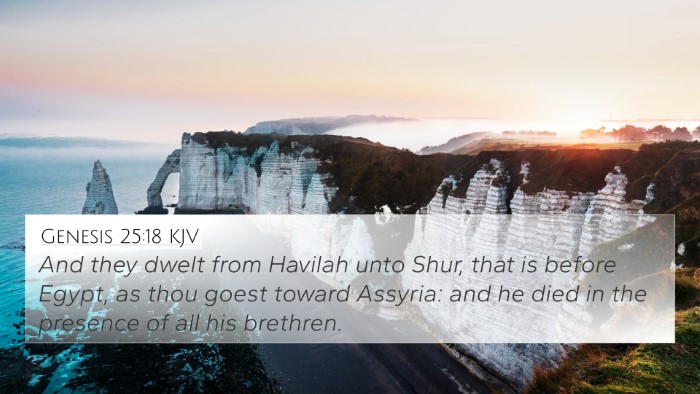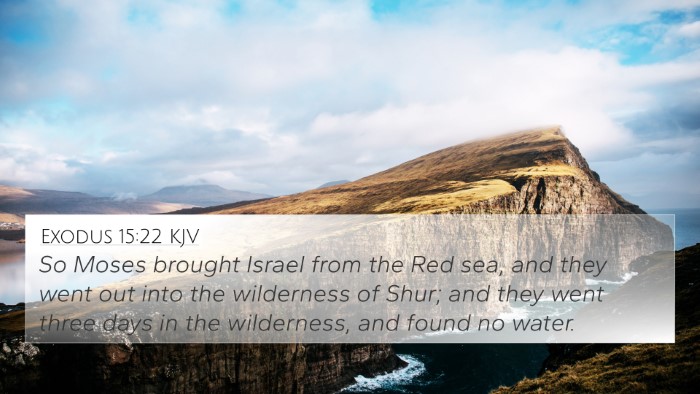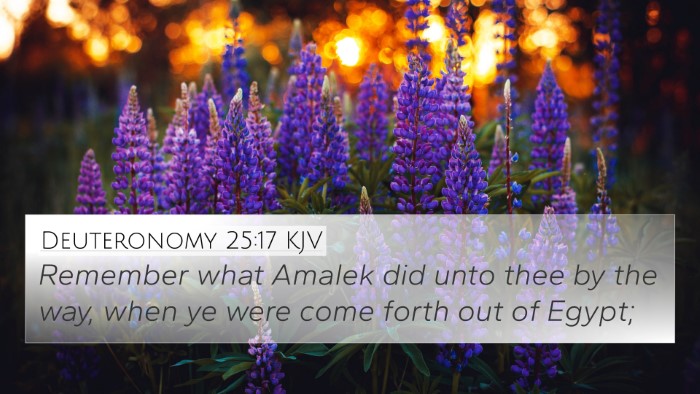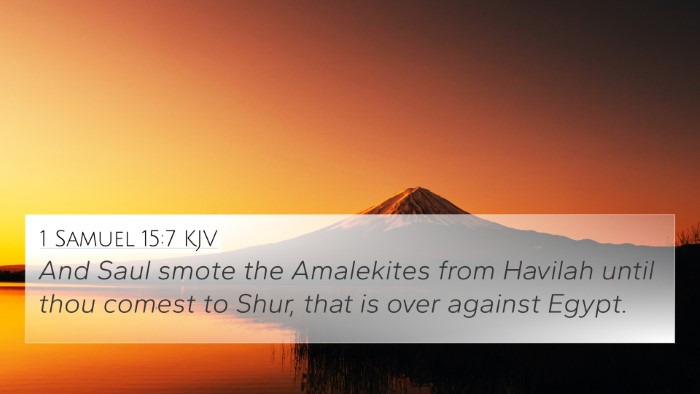Understanding 1 Samuel 27:9
Verse: 1 Samuel 27:9 - "And David smote the land, and left neither man nor woman alive, and took away the sheep, and the oxen, and the donkeys, and the camels, and the apparel, and returned, and came to Achish."
Summary of Meaning
This verse narrates a significant action by David during his time in Philistine territory where he sought refuge. David and his men engaged in raids against the enemies of Israel, sparing neither man nor woman, which raises questions on moral implications and divine approval.
Insights from Commentaries
- Matthew Henry:
Henry emphasizes David's strategic maneuvers during a tumultuous period in his life. David's actions, while showcasing his prowess as a warrior, reveal a complex moral landscape where survival sometimes necessitated harsh measures. His raids served to bolster his resources while maintaining loyalty among his men.
- Albert Barnes:
Barnes points out that the total annihilation of the inhabitants was a common practice in ancient warfare, often commanded by God against certain groups. While David's aggressive tactics may seem brutal, it reflects the historical and cultural context of warfare at that time. Barnes also highlights how David returned to Achish with valuable plunder, reinforcing his standing among the Philistines.
- Adam Clarke:
Clarke delves into the implications of David's actions, suggesting that by eliminating the inhabitants, David ensured that no potential threats would arise from them. However, he also warns of the moral ramifications of such violence and the fine line between divine guidance and personal ambition that David walked during these raids.
Related Bible Cross References
- Deuteronomy 20:16-17 - God's commands on dealing with certain nations.
- 1 Samuel 15:3 - Saul's command to utterly destroy the Amalekites.
- Joshua 6:21 - The destruction of Jericho as a divine command.
- 2 Samuel 8:1 - David’s victories over the Philistines validate his military prowess.
- 1 Chronicles 20:4 - Accounts of David's wars and the enemies he smote.
- Psalm 44:5-7 - A reflection on victories granted by God.
- Exodus 17:14 - The Lord’s command to Moses regarding Amalek.
- Ecclesiastes 3:3 - A time for war and a time for peace, illustrating the complex nature of conflict.
- 1 Peter 2:11 - A call to abstain from fleshly desires, applicable to the moral dilemmas faced in warfare.
- Matthew 5:21-22 - Jesus' words on murder expand upon the heart of the law and the intentions behind actions.
Thematic Connections
The actions depicted in 1 Samuel 27:9 can be examined through various thematic lenses, such as the morality of war, divine guidance in conflict, and the complexities of leadership under duress.
David’s campaign against the lands surrounding him showcases the intersection of earthly wisdom and divine directive. This theme runs parallel to numerous other accounts in Scripture where leaders faced ethical decisions in warfare.
Conclusion
1 Samuel 27:9 invites readers to explore complex ethical issues surrounding David's military actions while offering insights into leadership amidst trials. The cross-references provided underline the necessity of understanding David's choices in light of the broader biblical narrative regarding conflict and obedience to God.
Study and Reflection
This verse encourages a deep dive into the intricacies of biblical narratives, prompting questions about how we reconcile actions within scriptural contexts. Utilizing tools like a Bible concordance or a cross-reference Bible study can enhance understanding and appreciation for the thematic elements that connect this verse with others.
